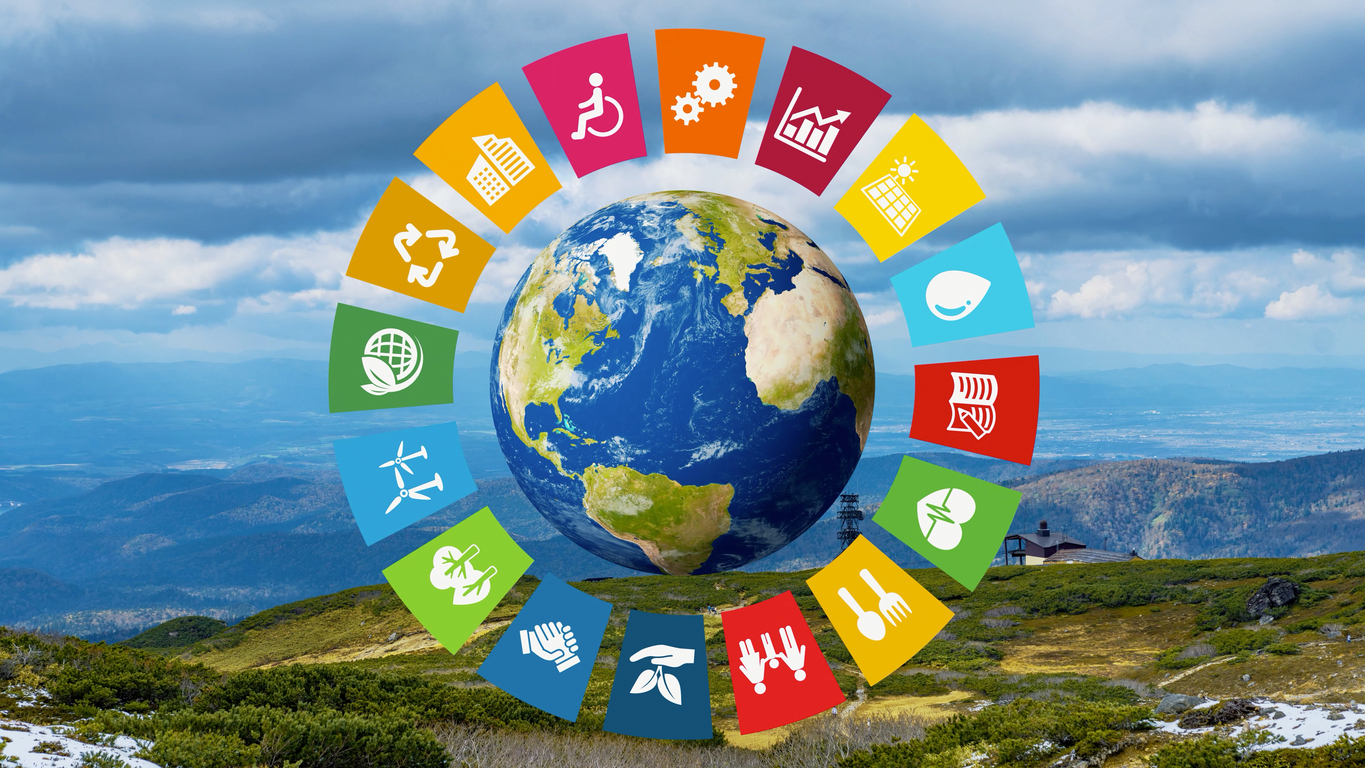Pandemic architect admits COVID-19 vaccines were never meant to stop spread

Former National Institutes of Allergy and Infectious Diseases Director Dr. Anthony Fauci admitted in a research analysis published last month that the COVID-19 vaccines did not have a chance of controlling the pandemic.
Fauci, who orchestrated the US COVID-19 response and pushed restrictions like lockdowns which exacerbated the crisis, repeatedly promised Americans that vaccines were the only way to stop the spread of the virus.
“When you get vaccinated, you not only protect your own health and that of the family but also you contribute to the community health by preventing the spread of the virus throughout the community,” Fauci said at a White House press briefing in May 2021. “In other words, you become a dead end to the virus. And when there are a lot of dead ends around, the virus is not going to go anywhere. And that’s when you get to a point that you have a markedly diminished rate of infection in the community.”
“The only conclusion one can reasonably come to . . . is please get vaccinated. It will protect you against the surging of the Delta variant,” Fauci added. He went so far as to say those who were vaccinated need not wear a mask because they are that protected from infection or transmission.
A month later, Fauci echoed his earlier statement about the vaccine stopping the virus.
“When people are vaccinated they can feel safe that they are not going to get infected,” Fauci said in June 2021. “We have all the vaccines we need. We just need our people to take it a) for their own protection of their family but also to break the chain of transmission.”
“You want to be a dead end to the virus. So when the virus gets to you, you stop it. You don’t allow it to use you as the stepping stone to the next person,” he said the same month.
But in a recently published research paper, Fauci, along with co-authors David Morens and Jeffrey Taubenberger of the NIAID said the vaccine never really had a chance of stopping the virus.
“Because these viruses [such as SARS-CoV-2] generally do not elicit complete and durable protective immunity by themselves, they have not to date been effectively controlled by licensed or experimental vaccines,” said the paper.
In the analysis, titled “Rethinking next-generation vaccines for coronaviruses, influenza viruses, and other respiratory viruses,” Fauci et al say that if natural immunity does not prevent reinfection of COVID-19, vaccines certainly cannot.
“This observation raises a question of fundamental importance: if natural mucosal respiratory virus infections do not elicit complete and long-term protective immunity against reinfection, how can we expect vaccines, especially systemically administered non-replicating vaccines, to do so?”
The analysis, which was sponsored by the NIAID and National Institutes of Health (NIH), also mentions that “only less than suboptimal vaccines” exist for influenza.
Ultimately, COVID-19 vaccines were intended for “only preventing severe disease (e.g., requiring hospitalization)."




